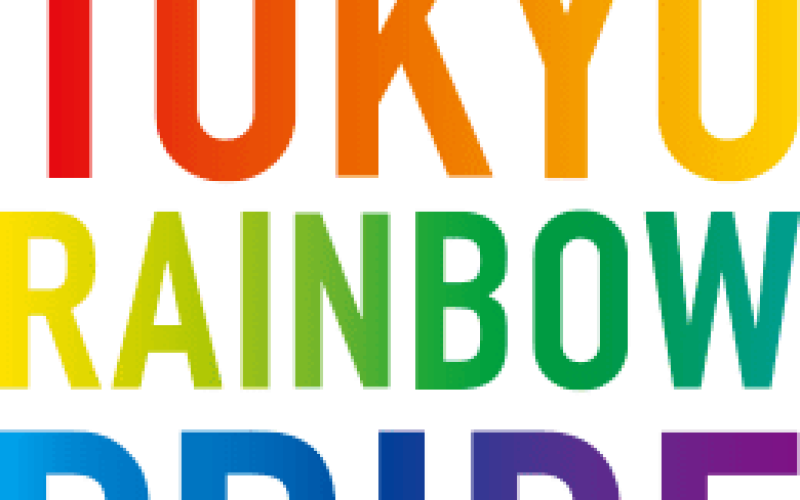Globally, LGBTI individuals still face extreme discrimination and are frequently subjected to violence and harassment. Here in Japan, current Japanese laws do not protect same-sex partnerships nor do existing harassment or anti-discrimination laws extend to LGBTI individuals. However, over the past few months there has been some encouraging news within Japan, signalling hope and positive change.
Following the lead set by Shibuya and Setagaya wards in 2015 (with the issue of same-sex partnership certificates), numerous other wards across Japan are now offering similar certificates. Similarly, a number of prefectures and wards across Japan have declared themselves LGBTI-friendly cities, helping to raise the profile of LGBTI individuals, and recently Sapporo became the first major city to recognise same-sex relationships. While these announcements and public declarations of support are wonderful steps towards ensuring equality and diversity rights in Japan, legislation to protect the rights of LGBTI individuals and their partnerships is still lacking.
A 2014 nationwide study by Takarazuka University found 44% of LGBTI teens experienced bullying, harassment and discrimination at school: with 24% having skipped school to avoid bullying; while another 18% stated they’d resorted to self-harm as a means of coping. In March 2017 the Education Ministry revised the Basic Policy for the Prevention of Bullying, mandating that schools should prevent bullying of students based on their sexual orientation or gender identity; calling for proper understanding from teachers; and for schools to take necessary measures regarding this matter. This followed the 2015 directive from the Ministry of Education, Culture, Sports, Science, and Technology (MEXT) regarding transgender students and a 2016 MEXT guidebook for teachers about LGBT students. A 2016 Human Rights Watch report found that Japanese teachers were ill-equipped to respond to LGBT-specific bullying and lacked information about LGBT issues and vulnerabilities and how to support such students.
These changes in the Basic Policy for Prevention of Bullying are encouraging steps that echo international human rights obligations, and need to be duplicated in the workplace. Current labor ministry guidelines limit the definition of sexual harassment to obscene and lewd behavior and do not extend to actions or statements. Several recent Japanese surveys suggest that around 8% of the population identifies as LGBTI in Japan, roughly 9-10 million people, leaving a large percentage of the population vulnerable and at risk.
For this year’s 2017 Tokyo Pride Festival, TELL would like to encourage everyone, including youths and teens, to not only attend the events throughout the week, but also to join us along with other NPOs and organisations in taking action to bring equality to everyone in Japan.
In our homes, our workplaces and schools, we all have a role in embracing diversity and equality. If you would like to march with TELL in the Pride Parade on March 7th, particularly as part of one of the few youth-orientated groups, please contact Najwa Naohara at [email protected].
http://tokyorainbowpride.com/about-trp2017/rainbow-week

